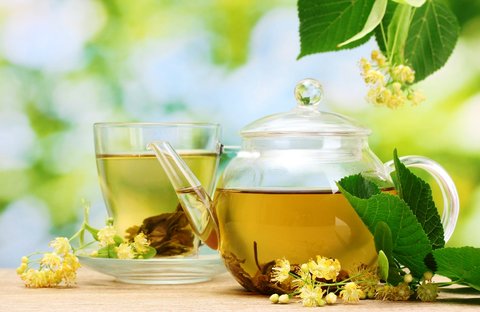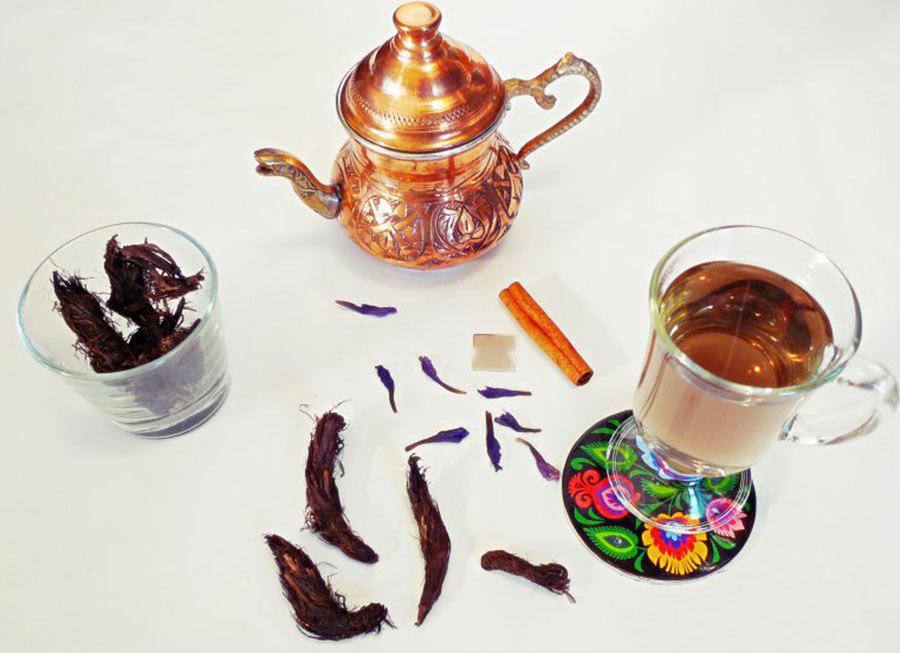Iran (IMNA) - The symptoms of seasonal depression are similar to those of depression, except that this type of depression is seasonal and improves with the change of the season. The exact causes of seasonal depression are still unclear, but some scientists believe that hormones affect the brain at certain times and at the same time each year.
Experts say seasonal mood disorder is probably due to such hormonal changes. One theory is that less sunlight causes the brain to produce less serotonin in autumn and winter. Serotonin is a chemical substance that is produced in brain to regulate human mood and emotions.
In an interview with ISNA, Dr Gohar Yasna Anzani has noted that depression is a kind of “mental cold” that everyone faces in their lifetime. However, if the symptoms are severe in young adults, parents should take steps to fix it. Anzani also emphasised that seasonal depression in adolescents is dramatically increasing.
“Paying attention to the significance of adolescence, parents’ lack of proper understanding of the stages of adolescence and depression disorders in them are the issues that the parents are involved with, while these days we see unsuccessful suicides are common among youths.”
She further noted that adolescence is associated with physical, emotional and social changes. “Anxiety and concern in dealing with stressors, parental pressure, parents’ basic social skills, their lack of information about the stages of adolescence, intense anger of parents, not feeling valuable and loved pave the way for intense depression in adolescents,” underlined this Iranian scientist.
At the time of depression, humans lose their interests, so that in the main part of the day they feel sad, absurd, exhausted, and desperate. Losing or gaining weight, insomnia, decreased mental ability, and excessive sleepiness are observed in these people. The ability to think and concentrate is greatly reduced, and they may think about death and suicide or self-harming. These will cause troubles in the social, occupational, educational, and other abilities of such people.
In Iranian traditional medicine, with a variety of medicinal herbs, such seasonal depressions could be treated. The use of natural herbs to treat seasonal depression is considered a suitable way due to fewer complications and costs associated with chemical drugs. Based on traditional medicine, hot and wet foods are more suitable for people with stress and depression. Among the good drinks for depressed and anxious people, one can mention lemon, apple, saffron, honey, pussy willow, Sekanjabin, rose water, and orange blossom drinks.

One of the most available herbs used for seasonal depression is saffron, whose flavour and joyful nature has always been attracted the attention of scientists and pharmacists. Saffron drink helps to calm down and reduce anxiety. Just blend some saffron in water and rose water and allow it to brew. To improve its flavour, you can add one teaspoon of honey.
In traditional medicine, saffron is known to make the brain warmed-up. Of course, this daily dose is not recommended for pregnant women and renal patients.
Another drink that is recommended for the prevention of depression in cold seasons is the use of ginger. Ginger is one of the herbs that helps reduce the anxiety. Therefore, it is one of the best remedies for this disease. To prepare this drink, it is enough to put three slices of fresh ginger, mint leaves and some slices of fresh lemon in boiling water and let it brew for 15 minutes. If you are not diabetic, you can drink it with honey.
Valerian is one of the oldest medicinal plants. Leave 2 to 4 grams of Valerian in a bowl of boiling water for half an hour until it brews. Drink a cup three times a day to treat depression.
Iranian traditional medicine, also known as Persian traditional medicine is one of famous and most ancient forms of traditional medicines. Studies and researches reveal that some of the earliest records of history of ancient Iranian medicine can be found in 8,000 to 6,500 BCE.
Iranian traditional medicine is grounded in the four concept: Phlegm (Balgham), blood (Dam), yellow bile (Ṣafra) and black bile (Sauda). The old medical system was developed by a number of nations. Iranian traditional medicine still is a separate tradition with roots further in the ancient Iranian times.
Source: IFP



Your Comment